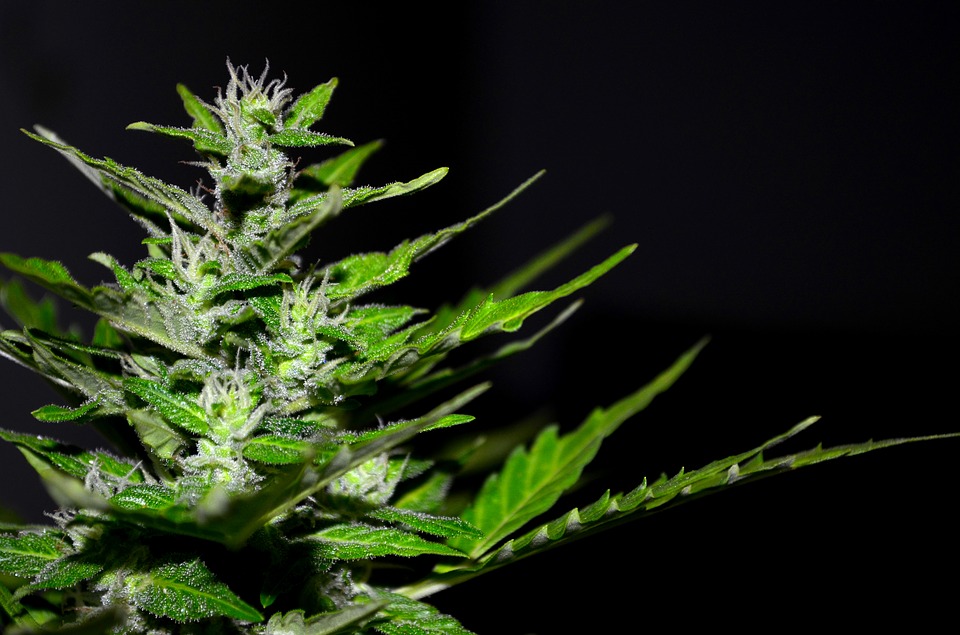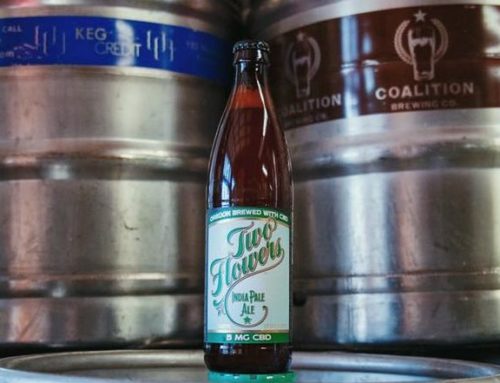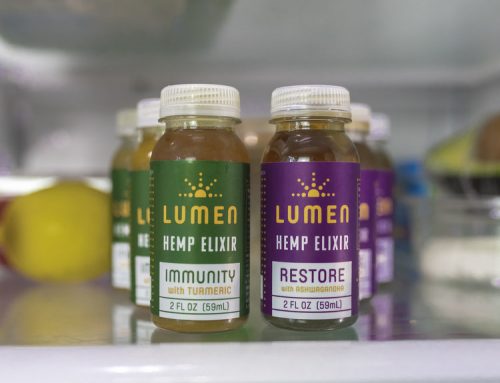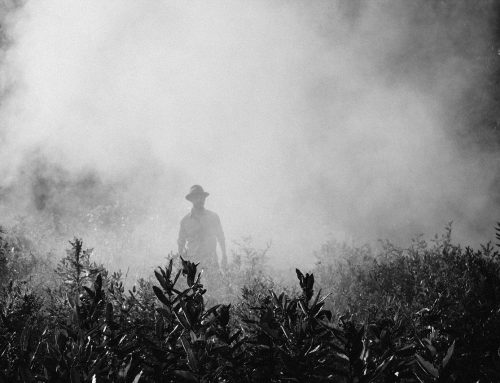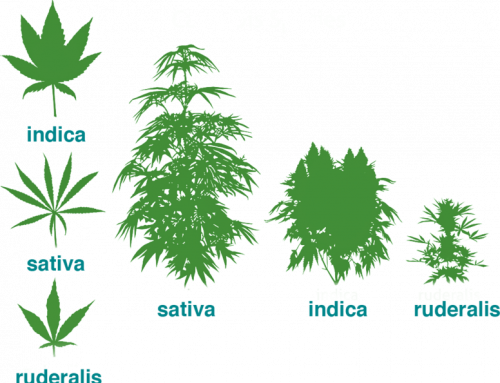Many people assume that all cannabis is organic, probably because a lot of cannabis companies market themselves that way. The reality is a little different. Because cannabis is still federally illegal, the United States Department of Agriculture (USDA) won’t touch it. This means no cannabis can actually be officially labeled “organic”, because the USDA is the only organization able to certify agricultural products as organic.
So what should you make of all the companies out there telling you that their cannabis is organic? Nothing, for now. It doesn’t exist. But “organically grown” might mean something. If you can verify that it is, of course! The organic standard is really just a collection of rules about what soils, nutrients, and pesticides can or can’t be used. Even if the USDA doesn’t come check, cannabis growers can still stick to it. But even if they do, that’s not all there is to the clean cannabis story.
What Would Organic Cannabis Be, If It Existed?
The closest cousin to cannabis is hops, and organic standards do exist for hops. In 2010, the USDA mandated that all organic beer must be brewed using organic hops. Organic standards require hop growers to avoid using chemical fertilizers and pesticides, which presented some unique challenges. Hops need lots of nitrogen, like cannabis, so finding varieties that can thrive without nitrogen-enhanced fertilizers is crucial. And both crops suffer from spider mites, which makes growing them without synthetic insecticides difficult. However, as the hop industry proved, it is absolutely possible.
In addition to cultivating varieties of hops that need less nitrogen, growers use natural techniques to control pests. When temperatures are high enough to be enticing to mites, growers mist crops to keep them cool. Companion crops can also help, by attracting pests and generating more nitrogen. Both of these techniques are used on cannabis. Organically grown—not organic—cannabis can still use certain natural pesticides as well. Things like neem or rosemary oil are okay on organic crops, and can be very effective against mites. Organic cannabis growers also take great pains to keep mites and molds from contaminating grow rooms by controlling access. For processing, organic foods must have 95% organic ingredients, which would apply in the case of edibles.
So while organic cannabis might not technically exist, you can still get cannabis and edibles that are held to the same standard. The key difference is that, instead of the USDA evaluating growers for you, you have to do it yourself. Many farms have detailed information about their growing and processing practices on their websites, and many will even host you for a visit. If not, they likely have hosted your favorite budtender, whose business it is to guide you to good farms.
Clean Cannabis Means More Than Organic
While cannabis grown to match organic standards already has a leg up on the competition, there is still the issue of who’s checking. Currently, no government agency is. That said, there are a few programs that do certify growers to organic standards, like Clean Green. While ensuring that growers are using clean soil is a great starting place for cannabis, recent issues with end products have highlighted that there is more to do. A Leafly News investigation recently found an alarming number of vape cartridges in California with lead in them. Synthetic pesticides from nearby farms can also contaminate outdoor cannabis, even if it’s grown to organic standards.
Sadly, many growers who say their cannabis is “organic” are just saying it because it helps them sell more. End-product testing is a kind of trump card for those claims. The growers who actually do adhere to standards will pass, while the fakers fail.
Many states require pesticide and heavy metals testing for products before they can go to market, but not all do. Anyone using cannabis for medical reasons, or even anyone who appreciates clean cannabis, should take some time to find out what the requirements are where they live. In Washington, for example, there is no pesticide or heavy metals testing required on products, but there are ways to find clean pot.
Organic On The Horizon
The current situation, with its patchwork of testing requirements and independent testing programs, is messy at best. But that may change before too long. Last year, Washington State announced plans to launch its own organic certification for cannabis. It will be unique to the state, but will very likely hew towards the USDA standards. In lieu of federal legalization, other states could do the same.
However, the tide continues to turn towards legalization. Hemp is now legal across the U.S. and, while it won’t get anyone high, it is the same species as all the other cannabis plants growing in legal states. If the USDA sees fit to certify hemp as organic, the same standards would be very easy to apply to cannabis in general.
For now, it’s still wise to be wary of organic cannabis, as the claim is confusing at best. Getting to know your favorite growers and product manufacturers, as well as your local testing regulations, is still your best bet.

